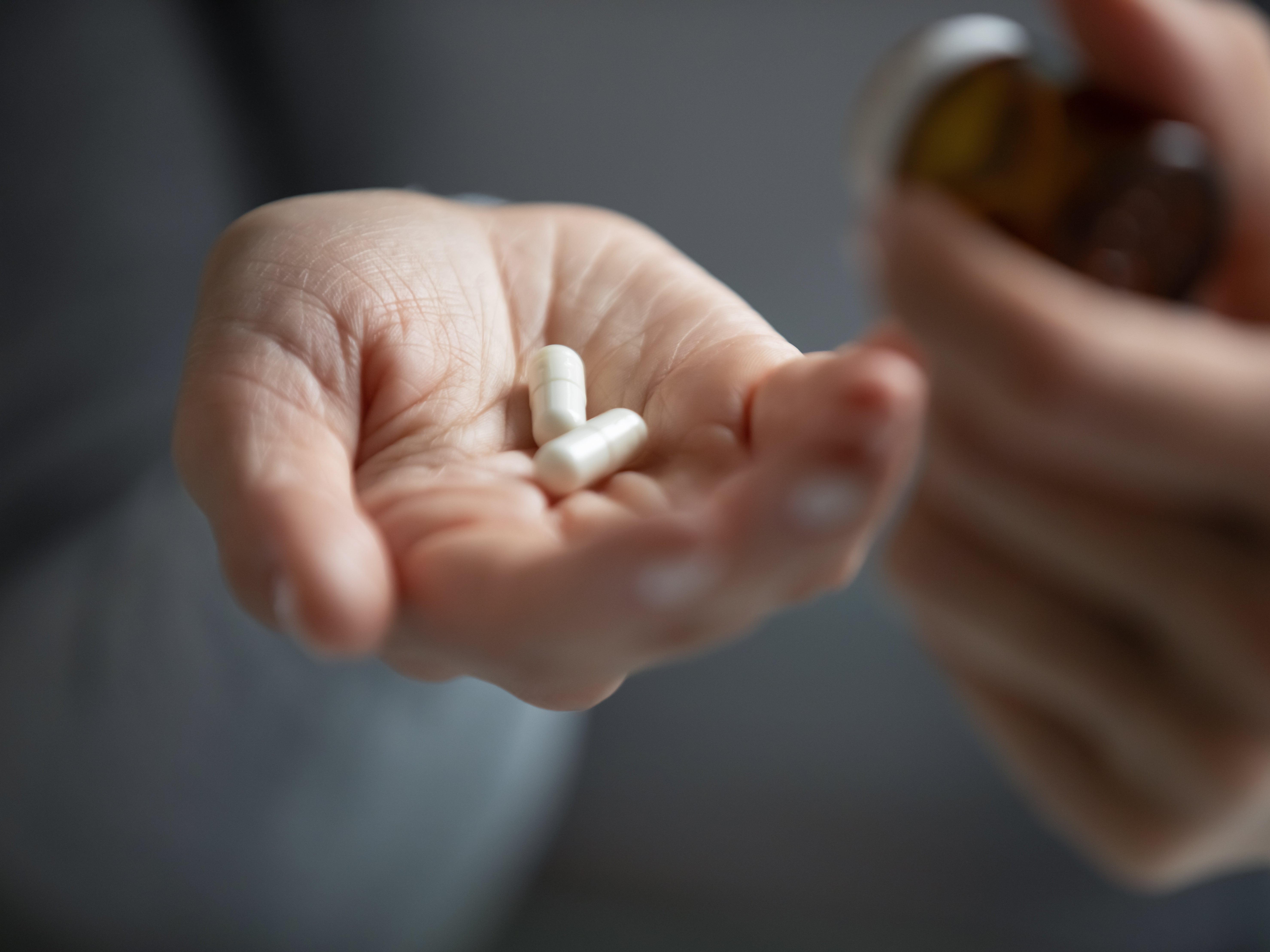Number of children taking anti-depressants hit all-time high in lockdown
More than 60 per cent of young people believe the pandemic will have a long-term negative effect on their mental health

Your support helps us to tell the story
From reproductive rights to climate change to Big Tech, The Independent is on the ground when the story is developing. Whether it's investigating the financials of Elon Musk's pro-Trump PAC or producing our latest documentary, 'The A Word', which shines a light on the American women fighting for reproductive rights, we know how important it is to parse out the facts from the messaging.
At such a critical moment in US history, we need reporters on the ground. Your donation allows us to keep sending journalists to speak to both sides of the story.
The Independent is trusted by Americans across the entire political spectrum. And unlike many other quality news outlets, we choose not to lock Americans out of our reporting and analysis with paywalls. We believe quality journalism should be available to everyone, paid for by those who can afford it.
Your support makes all the difference.The number of children and young people who were prescribed anti-depressants peaked during the pandemic, it has been reported.
According to an investigation carried out by the Royal Pharmaceutical Society (RPS), the number of patients under the age of 17 being prescribed antidepressants rose by 26 per cent between April 2015 and April 2020.
Analysis of the data, published in The Pharmaceutical Journal showed that this figure has been steadily rising since 2015, but peaked in March 2020 during the first Covid-19 lockdown, and again during December 2020.
The figures remain highest in girls, with 17,902 girls and 9,855 boys prescribed antidepressants during March 2020. This represented an 8 per cent increase in the number of patients being prescribed antidepressants since 2019.
The number of antidepressant prescriptions for girls remained high in the second (17,311) and third (17,088) lockdowns, but were still lower than the first.
One advanced mental health pharmacist at Northeast London NHS Foundation Trust, Beryl Navti, told the RPS that the increase could be contributed to the breakdown in routines for many children during lockdowns and school closures.
Lockdowns may have posed additional distress for young people who used school to escape difficult living home lives, Navti said, noting that antidepressants are prescribed for both depression and anxiety disorders.
“If we are saying that levels of anxiety increased among some young people during these periods, it makes sense that there would have been a corresponding increase in prescribed medication,” Navti said.
As per figures from the NHS, rates of probable mental disorder in young people increased from one in nine in 2017 to one in six in 2020.
One report, published by Young Minds in February 2021, which surveyed more than 2,438 young people, highlighted significant impacts on young people’s mental health during the pandemic.
Of those surveyed, 67 per cent said they believe that the pandemic will have a long-term negative effect on their mental health, while 75 per cent said the third lockdown was more difficult to cope with than the previous two.
Nick Harrop, head of external affairs at YoungMinds told The Independent that while antidepressants can play a role in supporting young people who are struggling with their mental health, they should not be seen as a substitute for talking therapies.
“Research we have carried out with GPs shows that many lack confidence in referrals they make to Child and Adolescent Mental Health Services because of long waiting times and high thresholds for treatment. That’s why it’s crucial that we see extra investment in specialist mental health services – but also in early support for young people so that they have somewhere to turn when problems first emerge.
“As we emerge from the pandemic, the government should invest in a national network of early support hubs across the country, so that any young person who needs help can get it as soon as they start to struggle,” Harrop said.
The NHS told The Independent that it is investing in mental health and under its Long Term Plan, it aims to help an additional 345,000 children and young people with their mental health every year.
“The last 15 months has inevitably had an impact on people’s lives and more children and young people than ever before are getting help with their mental health, but the NHS has been there for everyone who has needed care including through newly opened crisis lines and the introduction of 183 mental health support teams working in schools,” a spokesperson said.
“If you are struggling or have a child who needs help, please continue to come forward and get the care they need,” they added.
Sign up to The Lifestyle Edit for all the latest news and features.
Join our commenting forum
Join thought-provoking conversations, follow other Independent readers and see their replies
Comments